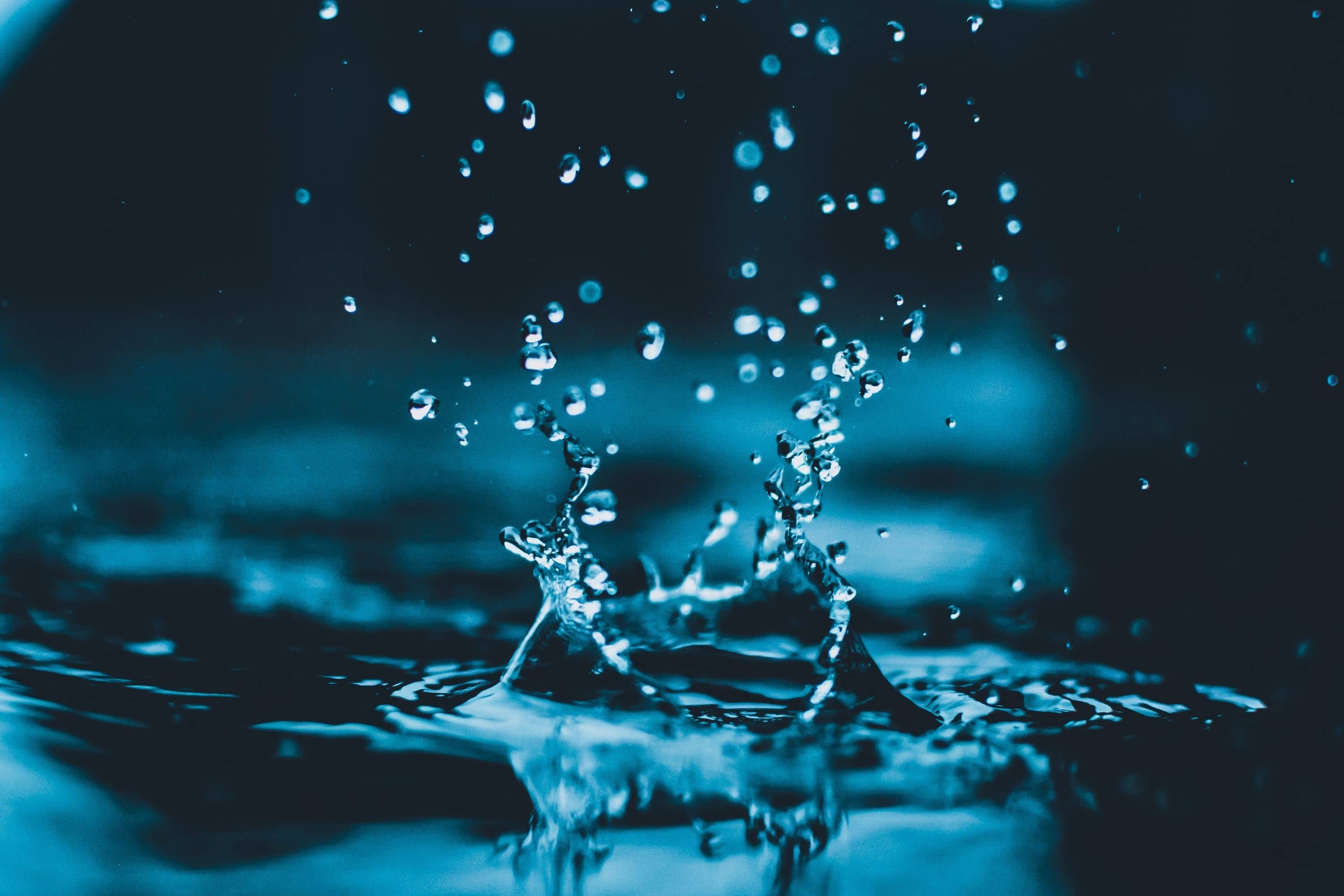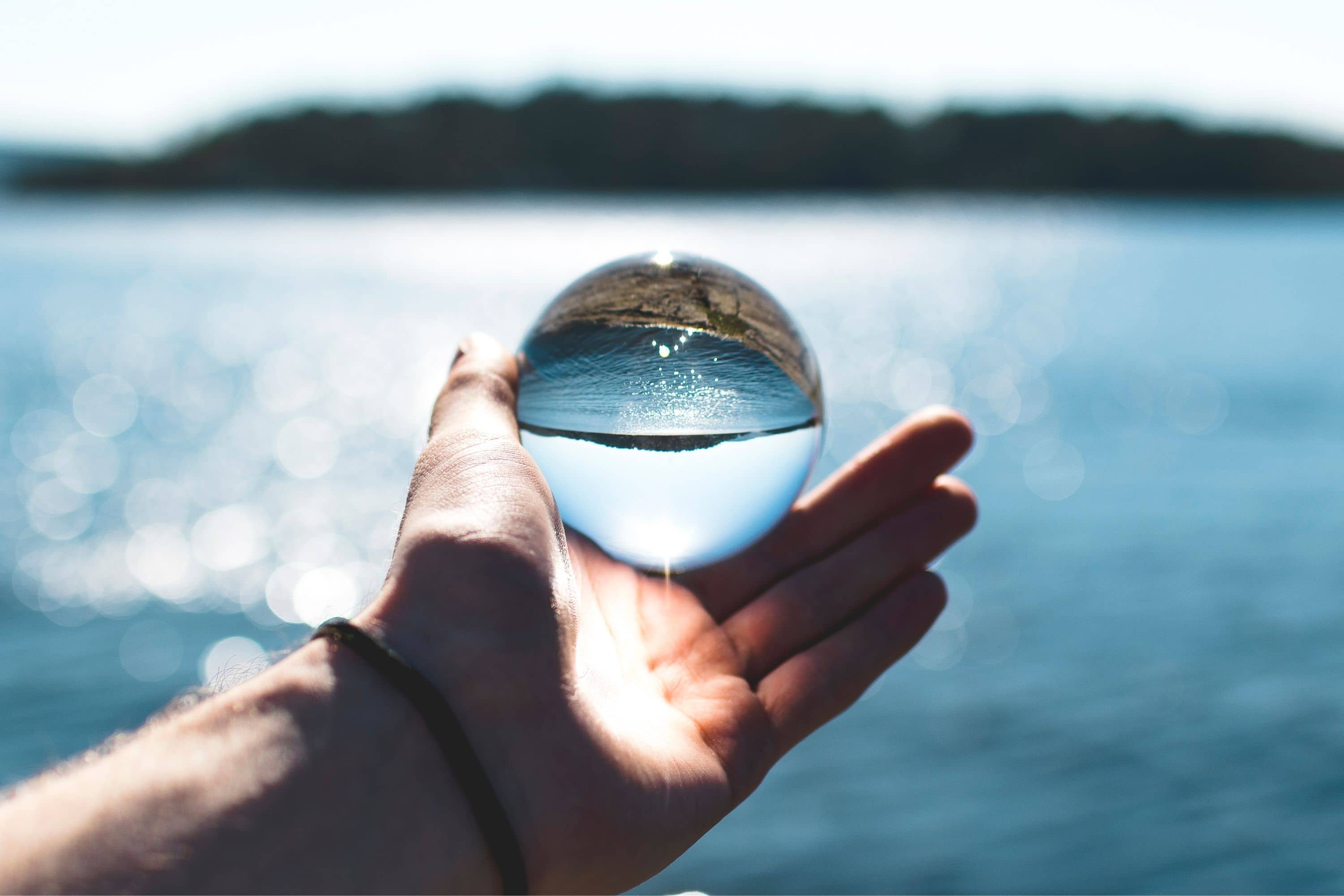We use water daily for all various purposes from bathing to making food. We know from a very young age that this liquid is the source of life on our planet since even we, people, consist of it almost at 60%.
Of course, nobody could miss the announcement that scientists made saying this widespread liquid can have… a memory!
Is it really so? Does water have a memory? Can water memorize things and how is it doing that?
Let’s find this out!
How Long Is Water Memory?
The fact that water may have memory shocked not only the scientific society but common people as well! However, this is a proven fact. Scientists from Germany, France, Japan and other countries around the world have made the same conclusion based on multiple experiments that involved water: this liquid does have memory!
This statement was proved many times during the experiments when scientists submerged different objects into the water, and the images of those objects remained imprinted in water droplets. Also, water proved capable of reacting to sounds including human voice and words that we say to it!
For example, it was proved scientifically that water structure changes under the impact of different music styles: classical music makes it well-balanced and harmonious whilst heavy metal and rock music turn water molecules into a mess.
But how long is water able to retain this memory, you might be wondering? Well, the average length of water memory was approximately five and a half months.
But to be more precise, this period of time is not set. See, when during the experiments, different objects were kept in water for a certain period of time one after another, it saved those objects’ images until the new one was submerged.
However, this very capability of water to “memorize” things made scientists think that this liquid can actually influence global vegetation!

Water Memory Effects And Their Impacts On Global Vegetation
So, during the experiments with water and its ability to “memorize” things, scientists made an assumption that water memory effects may influence the global vegetation somehow.
The “memory effect’ term itself means the dependence of vegetation productivity on both contemporary disturbances and the residual effects of past climate conditions. There is clear evidence that past climate conditions, including precipitation, temperature, and other abiotic factors can significantly influence vegetation productivity and terrestrial ecosystem cycles.
However, the connection between past climate conditions and current vegetation productivity was not quite clear…until now when scientists found out the fact that water actually has memory.
Since now it is already proved that water is able to “record” information that comes to it from outside, it becomes clear that rivers, streams, lakes, seas, and oceans around the globe can save information about the land where they are located.
And since water tends to travel during the water cycle, it can additionally collect and save information from other places it has been to!
To connect these facts to the global vegetation issue, we will see that, since water can keep all data saved in its structure for up to twelve months, the information it gets from outside may influence the vegetation cycle in the area where this water source or sources are located.

Water Facts: Let’s Summarize Them All
So what do we know about this liquid at all?
Yes, water covers nearly 70% of this planet’s surface. And yes, an adult human being does consist of it up to sixty percent. For those who didn’t know, our brain and heart are 70% water, lungs are nearly 83%, and even the skin consists of almost 64% of H2O!
Since we are all so watery, we should know more about this essential part of us.
- H2O possesses unusual properties and it can take different states which are fluid, hard, and gaseous (vapor).
- There could be no life without this element, and we perfectly learned it from school lessons.
- It’s only our planet that has H2O in a fluid state, though some other planets have it in a hard form of ice, for instance, Mars.
- H2O is the only substance that is so yielding but at the same time, when it’s flowing, it can easily erode hard rocks and change landscapes!
- 96.5% of this substance found on this planet is the salt water of oceans and seas that we can’t drink.

For the last decades, the scientific and public community became aware of the importance of proper water use to keep this substance amount high enough for people to use, that is why the developed countries are concerned about reasonable water consumption.
Can H2O Really Memorize?
Well, let’s define at once that “memory” in this certain case doesn’t mean what we usually understand under this definition.
If we show a text to the glass of water, it won’t be able to read it back to us, of course. But this liquid does have some unusual and even mysterious abilities that were discovered during the researches.
1. Water showed the capability to keep the “memory” of the substances that were dissolved in it, even if the level of dilution was very high
2. The Japanese author Emoto Masaru showed that this substance can react to human consciousness. For instance, water reacts positively and forms a harmonious structure when “hearing” positive words, nice music, or when words of gratitude are attached to the tank with the liquid. Negative emotions/words/sounds have the opposite effect.
3. The German professor Bernd Kroplin found out that water drops made by different people were distinct whilst those made by the same person had a similar image in a dried water drop. He also proved that an image of a thing immersed in the water stays in it after the thing is taken out.
And even though these researches are still often questioned by the skeptics and even banned by the world’s scientific society as non-scientific investigations, we do think that water possesses certain mysterious and unknown abilities that still wait to be discovered.
[wp-faq-schema title=”Frequently Asked Questions”]

Does water give you energy? Why is it advised to drink after the training then?
We drink water after the physical activity because our body dehydrates due to the loss of liquid with sweat. To avoid complete dehydration, we drink.
Is water a life source? I know they say all life on Eart came from water. Does it mean H2O can produce life somehow?
I’d rather say water is good surrounding for the life to develop. But it can hardly produce it literally – only if some microorganisms get into the water.
Besides, water does support life so yes, it can be called its source in a certain way.
Does water make you fat? I noticed I feel heavy after drinking a glass or two of it.
No, water helps to lose weight, that’s for sure. And you feel heavy because your stomach is filled with the liquid! Wait a bit and you’ll see how this feeling disappears. Or maybe, you drink too much water than you really need.
Hi everyone! Did you know water has memory? Do you think it’s true?
I think it is. At least, water has always been a kind of magical substance in legends and fairy tales – I guess our ancestors knew something about its properties that we forgot.
How long bottled water can be stored? I’m always confused with that term of use on bottles. Is that about water?
No, that’s about the bottle since plastic tends to expire and expired bottle will release chemicals into its content. But the water itself has no term of use.